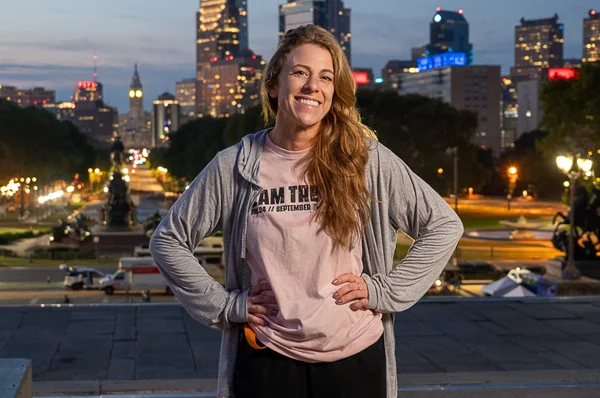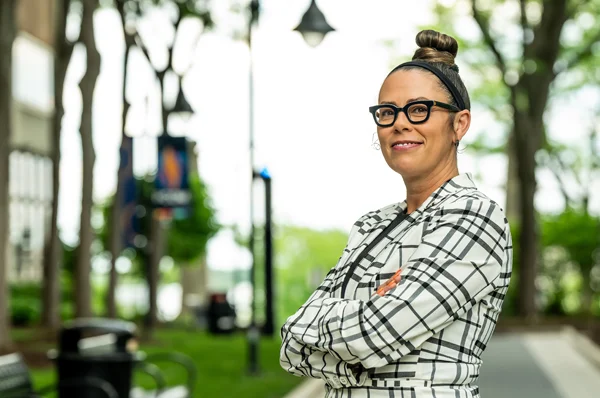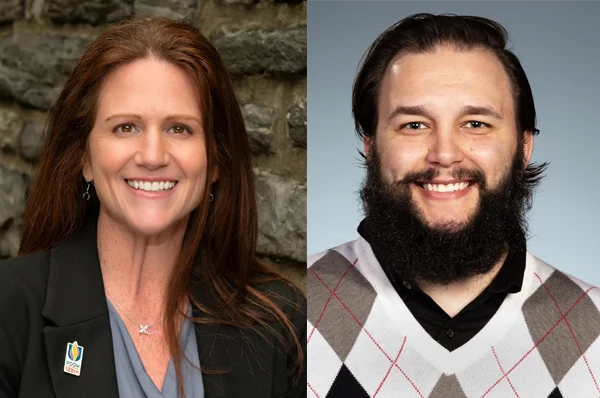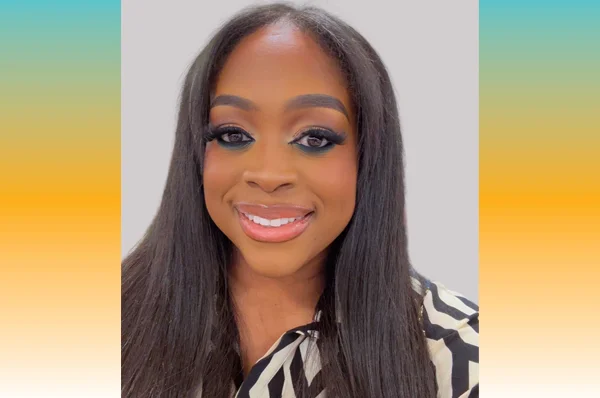- Academics
- Programs and Degrees
- Academic Calendar
- Course Catalog
- Faculty
- Clinical Education
- Graduate Medical Education
- Continuing Education
- About
- Locations
- Student Life
- Mission Statement
- What is Osteopathic Medicine?
- History
- Administration
- Virtual Tour



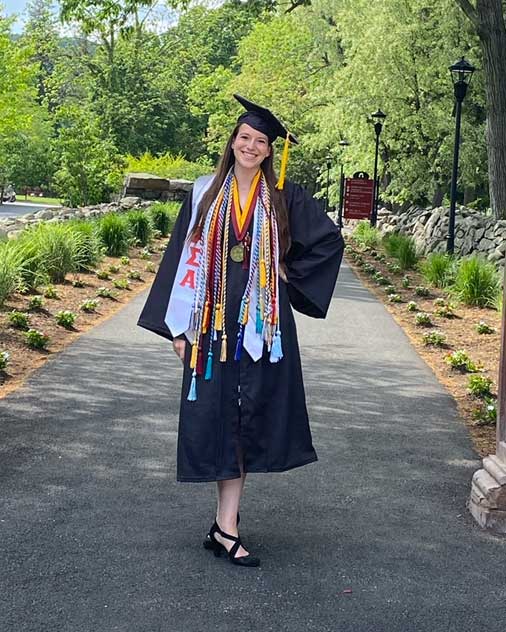
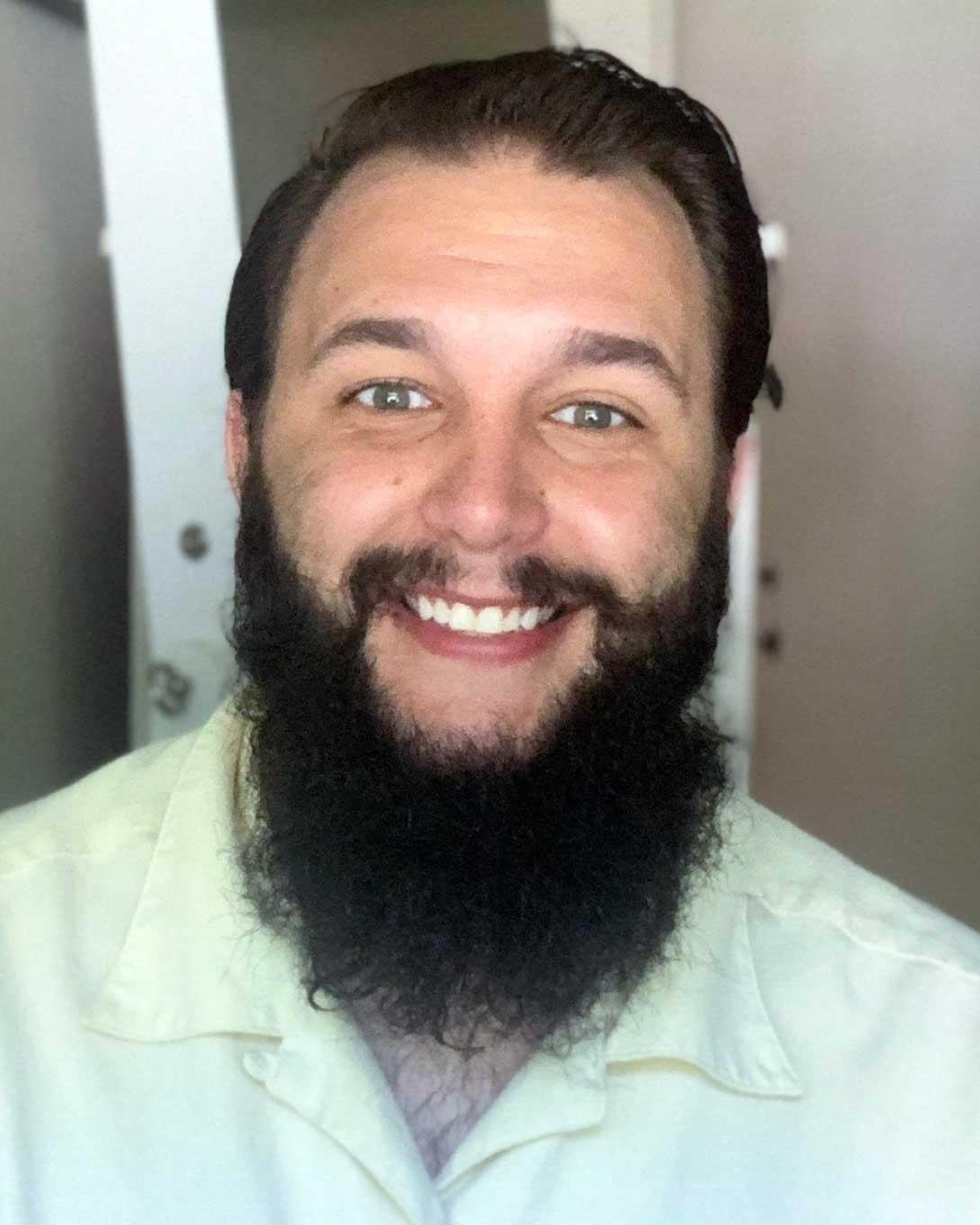
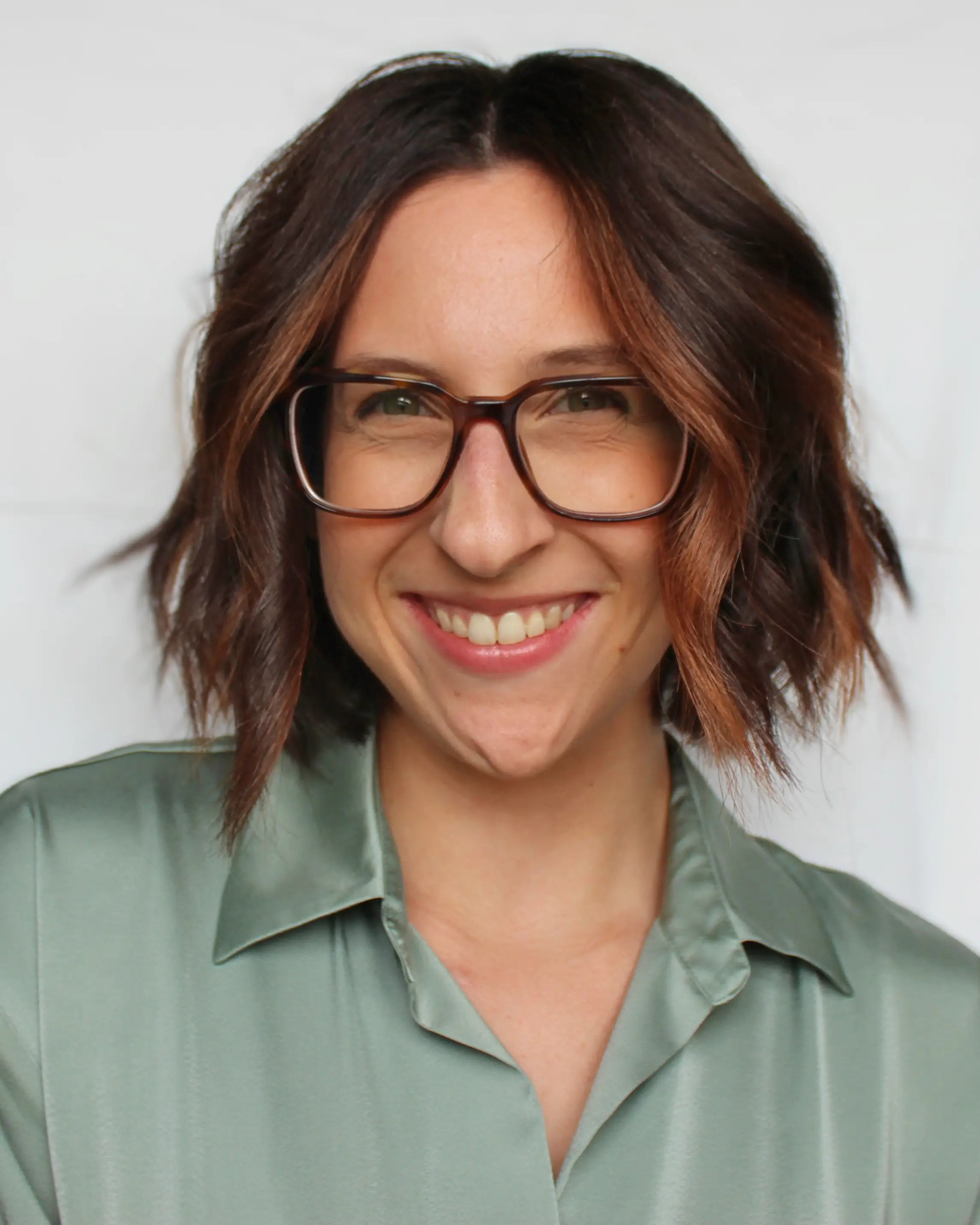
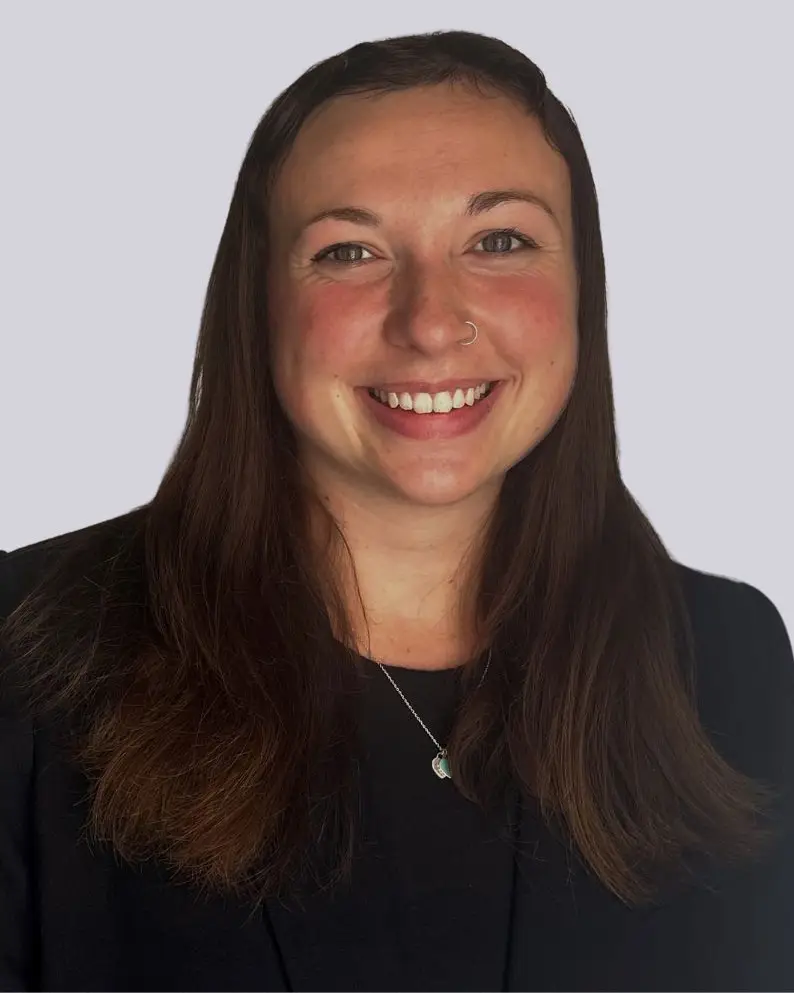
 The student advocacy project and poster session was developed to embody the essence
of the American Counseling Association Code of Ethics which suggests that counselors
should advocate at individual, professional, and systems levels to help reduce barriers
to client growth and well-being. To that end, students will identify a social advocacy
need, cause, and/or a vulnerable population for which they will develop and implement
a manageable action plan over three semesters.
The student advocacy project and poster session was developed to embody the essence
of the American Counseling Association Code of Ethics which suggests that counselors
should advocate at individual, professional, and systems levels to help reduce barriers
to client growth and well-being. To that end, students will identify a social advocacy
need, cause, and/or a vulnerable population for which they will develop and implement
a manageable action plan over three semesters. Many of us are drawn to the counseling field because empathy is part of our way of
being, knowing, and understanding. However, it can be a challenge to translate our
natural interpersonal skills into the counseling setting. The personal growth group
provides students who are looking to grow in this area the opportunity to continue
developing their empathy and interpersonal skills as well as see group processes in
action. Members of the group engage in this growth opportunity with their fellow students
to be able to meet goals with the support of their peers and the facilitator. The
group functions like a closed counseling group and runs for 6 to 8 sessions depending
on the changing needs of the group members.
Many of us are drawn to the counseling field because empathy is part of our way of
being, knowing, and understanding. However, it can be a challenge to translate our
natural interpersonal skills into the counseling setting. The personal growth group
provides students who are looking to grow in this area the opportunity to continue
developing their empathy and interpersonal skills as well as see group processes in
action. Members of the group engage in this growth opportunity with their fellow students
to be able to meet goals with the support of their peers and the facilitator. The
group functions like a closed counseling group and runs for 6 to 8 sessions depending
on the changing needs of the group members.